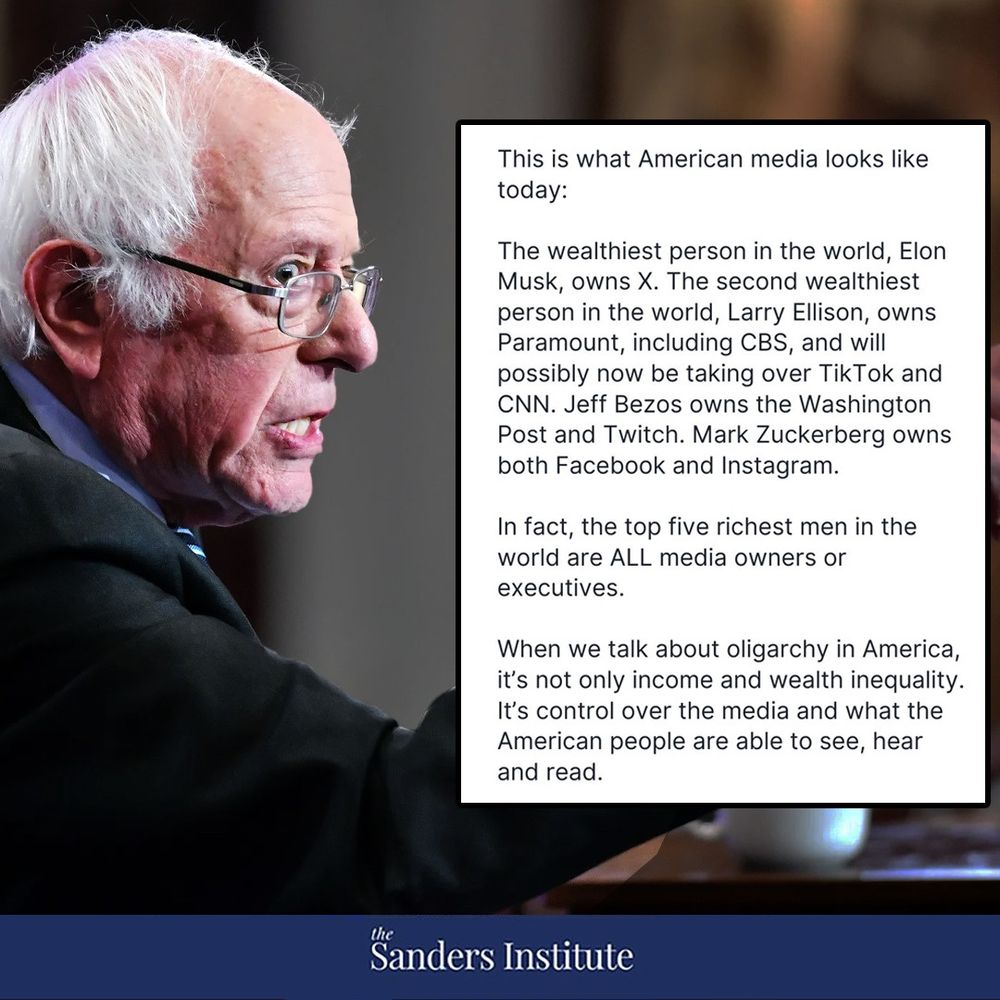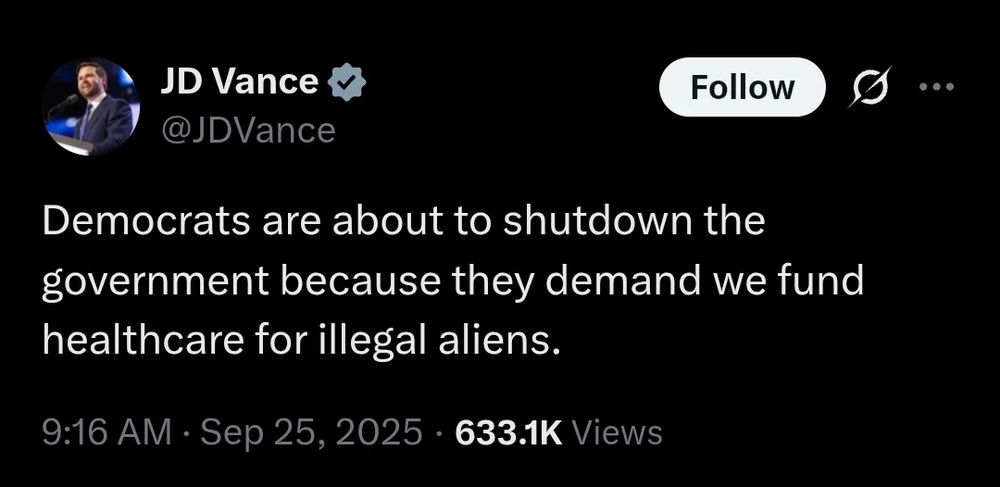Racial equity is the concept of creating a level playing field for all individuals, regardless of their race or ethnicity. It is about ensuring that everyone has access to the same opportunities and resources, regardless of their background. Racial equity goes beyond simply treating everyone the same; it recognizes that historical and systemic barriers have created unequal access to opportunities for different racial and ethnic groups. Achieving racial equity requires addressing these disparities and working to dismantle the systems and structures that perpetuate them.
Racial equity is not just about addressing individual acts of discrimination or prejudice; it is about addressing the underlying causes of inequality and working to create a more just and fair society for all. It requires acknowledging the impact of historical injustices, such as slavery, segregation, and discrimination, and working to rectify the lasting effects of these injustices. Racial equity also requires recognizing the intersectionality of race with other forms of oppression, such as gender, class, and sexual orientation, and working to address these intersecting forms of discrimination.
The Importance of Racial Equity in Society
Racial equity is crucial for creating a fair and just society where everyone has the opportunity to thrive. When individuals are denied access to opportunities and resources based on their race or ethnicity, it not only harms those individuals but also weakens the fabric of society as a whole. Inequality and injustice based on race create divisions and tensions that can lead to social unrest and conflict. By working to achieve racial equity, we can create a more cohesive and harmonious society where everyone feels valued and included.
Racial equity is also important for promoting economic prosperity and growth. When individuals are denied access to education, employment, and other opportunities based on their race, it not only harms those individuals but also limits the potential for economic growth. By ensuring that everyone has equal access to opportunities, regardless of their race or ethnicity, we can create a more dynamic and innovative society where everyone can contribute to the economy and society as a whole.
Historical Context: The Fight for Racial Equity
The fight for racial equity has deep roots in the history of the United States and other countries around the world. From the institution of slavery to the era of Jim Crow laws and segregation, racial inequality has been a pervasive and enduring issue throughout history. The civil rights movement of the 1960s was a pivotal moment in the fight for racial equity, as activists and leaders worked to dismantle the legal barriers that perpetuated racial discrimination and segregation.
Despite the progress made during the civil rights movement, racial inequality continues to persist in many areas of society. From disparities in education and employment to unequal access to healthcare and housing, racial inequity remains a pressing issue that requires ongoing attention and action. Understanding the historical context of the fight for racial equity is crucial for recognizing the deep-seated nature of these disparities and working to address them effectively.
Racial Equity in Education and Employment
One of the key areas where racial equity is crucial is in education and employment. In many communities, students of color face significant disparities in access to quality education, resources, and opportunities. This can lead to lower academic achievement, higher dropout rates, and limited access to higher education and career opportunities. Similarly, in the workforce, individuals of color often face barriers to employment, promotion, and fair compensation due to systemic discrimination and bias.
Achieving racial equity in education and employment requires addressing these disparities head-on. This includes investing in resources and support for schools in underserved communities, implementing policies to promote diversity and inclusion in hiring and promotion practices, and working to dismantle systemic barriers that perpetuate racial inequality in these areas. By ensuring that all individuals have equal access to quality education and employment opportunities, we can create a more equitable society where everyone has the chance to succeed.
Addressing Racial Disparities in Healthcare
Racial disparities in healthcare are another critical area where racial equity is essential. Studies have consistently shown that individuals of color experience higher rates of chronic illness, lower life expectancy, and limited access to quality healthcare compared to their white counterparts. These disparities are often rooted in systemic issues such as unequal access to healthcare facilities, limited health insurance coverage, and bias within the healthcare system.
Addressing racial disparities in healthcare requires a multi-faceted approach that includes increasing access to healthcare services in underserved communities, promoting culturally competent care, and addressing bias and discrimination within the healthcare system. It also requires addressing social determinants of health, such as poverty, housing instability, and environmental factors, that contribute to health disparities among different racial and ethnic groups. By working to achieve racial equity in healthcare, we can ensure that everyone has equal access to quality care and improve health outcomes for all individuals.
Strategies for Achieving Racial Equity
There are several strategies that can be employed to achieve racial equity in society. One key strategy is to address systemic barriers that perpetuate racial inequality, such as discriminatory policies and practices within institutions and organizations. This may involve implementing policies to promote diversity and inclusion, providing training on unconscious bias, and working to dismantle discriminatory practices within systems such as education, employment, healthcare, and criminal justice.
Another important strategy is to invest in resources and support for underserved communities. This may include increasing funding for schools in low-income neighborhoods, providing access to affordable housing and healthcare services, and creating economic opportunities for individuals in marginalized communities. By investing in these communities, we can help to address the root causes of racial inequality and create more equitable opportunities for all individuals.
The Role of Individuals in Promoting Racial Equity
Individuals also play a crucial role in promoting racial equity in society. This includes educating themselves about issues of race and racism, challenging discriminatory attitudes and behaviors, and advocating for policies and practices that promote equality and inclusion. It also involves actively supporting organizations and initiatives that work towards achieving racial equity, such as civil rights organizations, community-based groups, and advocacy campaigns.
In addition to individual actions, collective action is also essential for promoting racial equity. This may involve organizing community events and discussions around issues of race and racism, participating in protests or demonstrations against racial injustice, or supporting initiatives that work towards achieving racial equity at a local or national level. By coming together as a community to address issues of racial inequality, we can create meaningful change and work towards building a more just and equitable society for all.
In conclusion, achieving racial equity is a complex but essential goal for creating a fair and just society where everyone has equal opportunities to thrive. By understanding the meaning of racial equity, recognizing its importance in society, understanding its historical context, addressing disparities in education, employment, and healthcare, employing strategies for achieving racial equity, and taking individual and collective action to promote equality and inclusion, we can work towards creating a more equitable society where everyone has the chance to succeed. It will require ongoing commitment and effort from individuals, communities, organizations, and institutions alike, but by working together towards this common goal, we can create a more just and inclusive society for future generations.











